American presidential campaign songs that have backfired on the candidates
When Donald Trump’s USA Freedom Kids sang their nationalistic call to arms, it was just the latest wrong note in the troubled history of US elections and pop
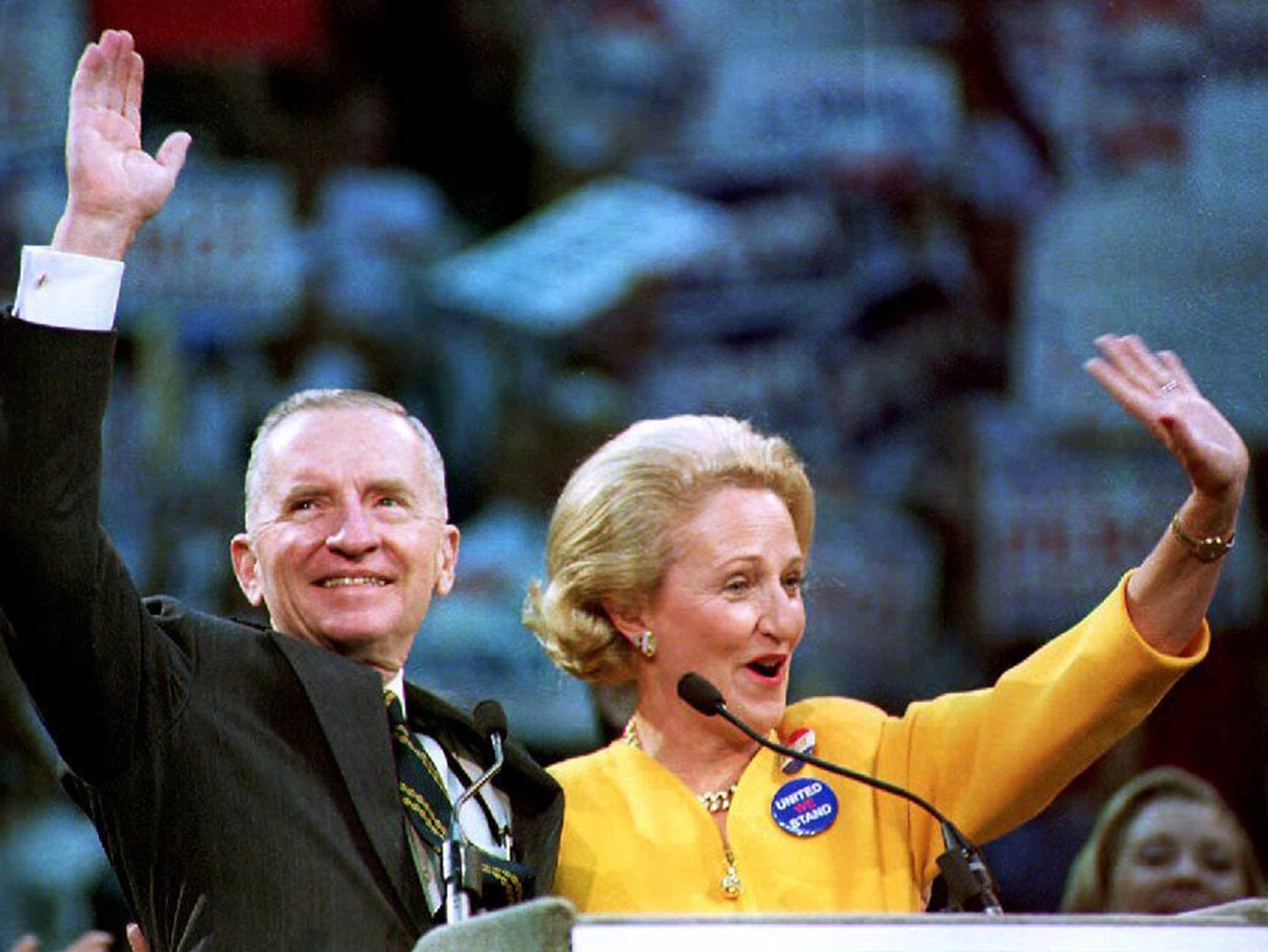
Your support helps us to tell the story
From reproductive rights to climate change to Big Tech, The Independent is on the ground when the story is developing. Whether it's investigating the financials of Elon Musk's pro-Trump PAC or producing our latest documentary, 'The A Word', which shines a light on the American women fighting for reproductive rights, we know how important it is to parse out the facts from the messaging.
At such a critical moment in US history, we need reporters on the ground. Your donation allows us to keep sending journalists to speak to both sides of the story.
The Independent is trusted by Americans across the entire political spectrum. And unlike many other quality news outlets, we choose not to lock Americans out of our reporting and analysis with paywalls. We believe quality journalism should be available to everyone, paid for by those who can afford it.
Your support makes all the difference.With the first few months of a US election year comes the release of new campaign songs, to either shift focus to the election or as a last-ditch effort to bring some excitement to an ailing primary campaign.
Historically, campaigns have chosen anthemic songs, but many campaigns have learnt the hard way that rock’n’roll’s tendency for rebellion and desire to be subversive means that more than a cursory review of the inspiring-sounding lyrics is required.
It is also important that the political orientation of the candidate matches with that of the artist – or candidates risk an embarrassing public withdrawal and, in the case of Donald Trump, Twitter outbursts.
In the current campaign alone, we have seen REM, Steven Tyler (Aerosmith), Neil Young and Dropkick Murphys all ask for their songs not to be used by candidates.
While the ideal campaign song can be an inspiring push toward victory, a poorly chosen tune can bring embarrassment to the candidate both in the present and in hindsight. So, with a colourful history of campaign songs to chose from, here we present the most memorable.
Happy Days Are Here Again - Franklin D Roosevelt (Democrat)
1932 Presidential Campaign
The 1932 campaign was run in a dark period of America’s history, with unemployment rising roughly 20 per cent in three years. Democratic candidate Roosevelt ran on a platform of change. To fit this message his campaign chose “Happy Days Are Here Again”, but only after their original choice, “Anchors Aweigh”, was ruined at their convention by Judge John Mack, who walked offstage to the song after giving FDR a particularly dull introduction.
In an attempt to distance their candidate from the tedium of Mack’s speech, “Happy Days Are Here Again” was chosen before Roosevelt took the stage and became the party’s unofficial anthem.
Born In The USA (Bruce Springsteen) - Ronald Reagan (Republican)
1984 Presidential Campaign
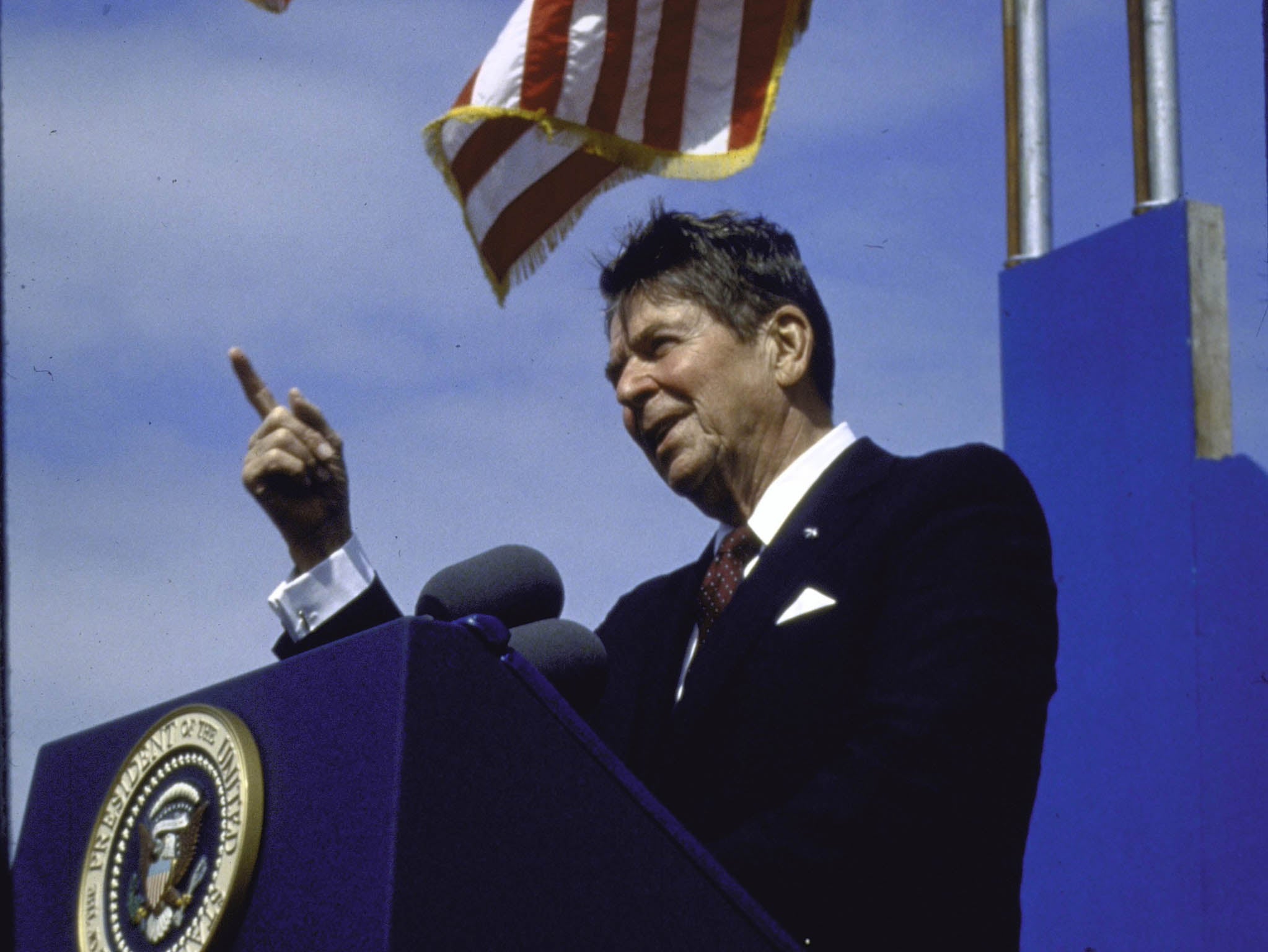
Bruce Springsteen’s first notable involvement in political campaigns came after Washington Post columnist George Will saw him play in August 1984. Following the gig, Will wrote a column where he described “Born in the USA” as a song of “cheerful affirmation”.
Two weeks later, the Reagan campaign adopted the song as their campaign anthem, seeming to ignore or to be unaware of Springsteen’s real message, which was to paint a dark picture of the hardship Vietnam veterans faced upon returning to America.
Crazy (Patsy Cline) - Ross Perot (Independent)
1992 Presidential campaign
The straight-talkin’ billionaire from Texas ran his campaign on what he called “a crazy theme” and, as such, he chose a country ballad about being hopelessly in love for his campaign song. Although “Crazy” by Patsy Cline was easily ridiculed, and didn’t seem a particularly rousing tune, it did show something of Perot’s eccentricity.
After winning nearly 20 million votes, Perot became the most successful third-party candidate in American electoral history and, on election night, he and his wife danced to “Crazy”.
Soul Man (version) (Sam Moore) - Bob Dole (Republican)
1996 Presidential campaign
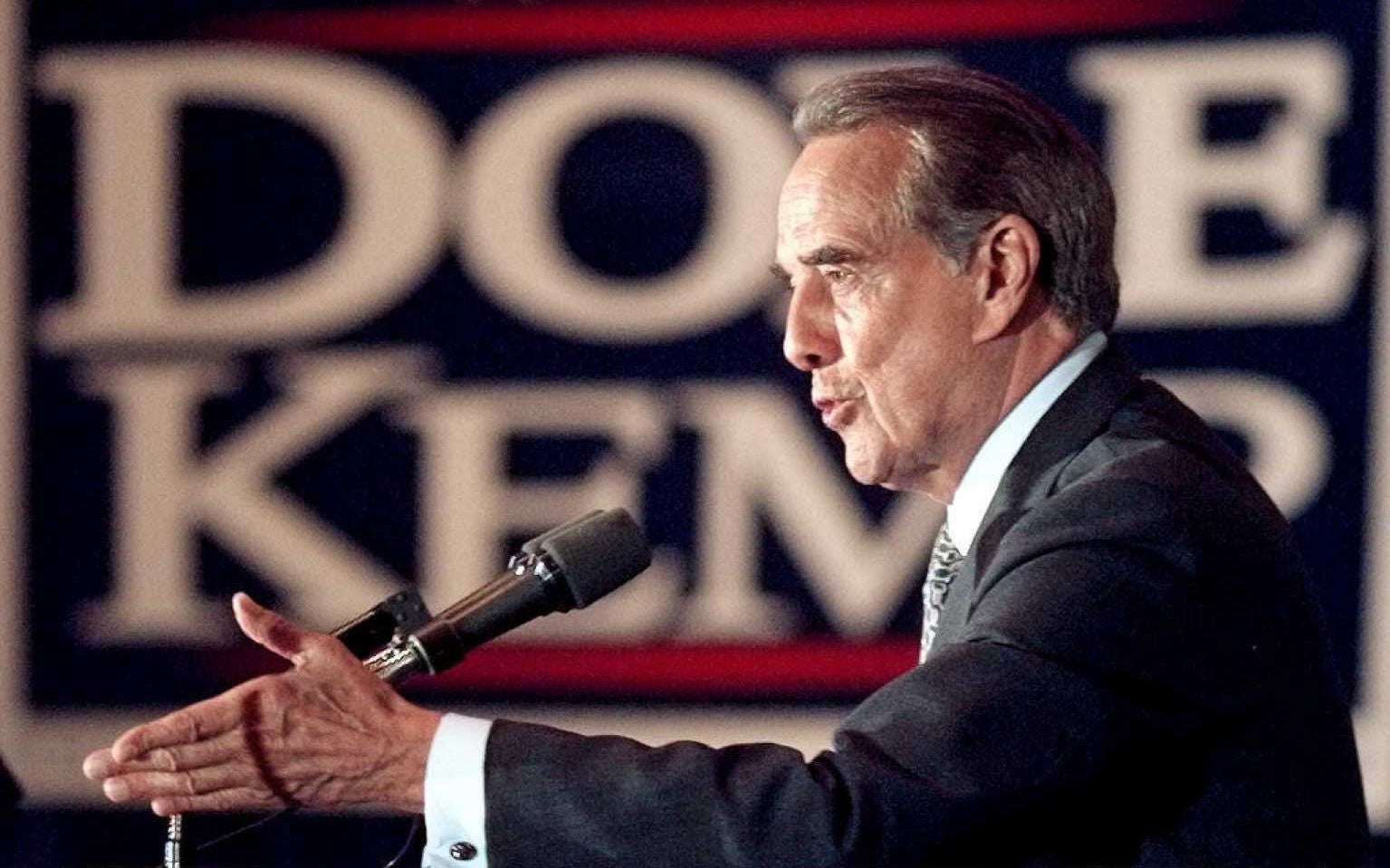
The Dole for President campaign used a version of “Soul Man” with the candidate’s name as a lyrical substitute (“I’m a Dole man”) in campaign events. The song’s owners threatened legal action. Co-writer Isaac Hayes said: “People may get the impression that David (Porter) and I endorse Bob Dole, which we don’t.” The campaign then chose “Born in the USA”, until Springsteen objected, before finally finding a willing donor in country singer Eddie Rabbitt, who allowed the use of “American Boy”.
Fortunate Son (Creedence Clearwater Revival) - John Kerry (Democrat)
2004 Presidential Campaign
The inspiration for “Fortunate Son” was the relationship between President Nixon’s daughter and President Eisenhower’s son. Creedence mainman John Fogerty told Rolling Stone that, when he saw the two together, he had “the feeling that none of these people were going to be involved with the [Vietnam] war”.
In 2004, the song was chosen by proud Vietnam veteran Kerry in what was either misguided or a subtle dig at the incumbent, George W Bush. Although Bush ran for President as a Washington outsider, he was the son of a President and grandson of prominent American senator, and who had not seen the theatre of war first-hand.
Rudi Can’t Fail (The Clash) - Rudy Giuliani
2008 Republican Nomination
The former New York City Mayor made use of an album track from The Clash’s London Calling to help his 2008 campaign.
While the chorus sounds like positive reinforcement for a candidate called Rudy, it seems incongruous with Guiliani’s tough-on-crime mantra and conservative political stance. With the lines “don’t you be so crude and feckless, you’ve been drinking brew for breakfast”, the song is a celebration of an irresponsible young man being criticised by his elders.
Proving the chorus lyrics wrong, Guiliani’s campaign did fail, reportedly leaving him in $3.6m of debt.
Yes We Can (Will.I.Am) - Barack Obama
2008 Democratic Nomination
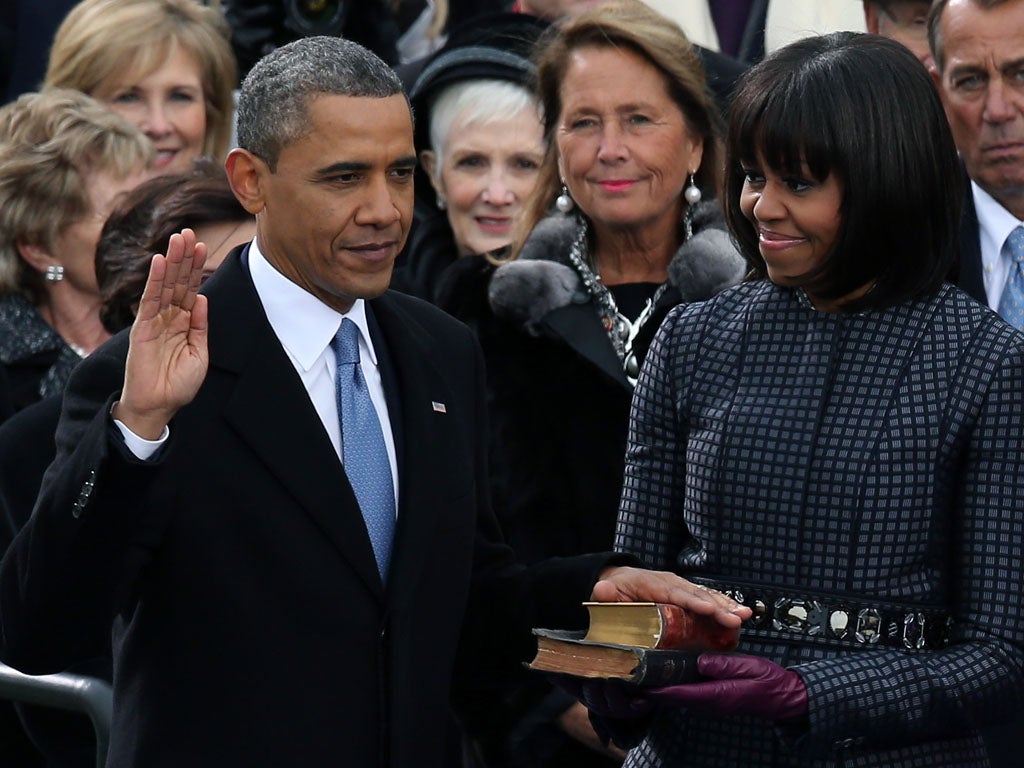
As if to amplify Barack Obama’s celebrity backing in the 2008 Democratic Nomination race, Will.I.Am released a song that sampled the voice of the then senator. The accompanying video featured a long list of celebrity endorsements, including Scarlett Johansson.
Although Will.I.Am supported Obama in his 2008 primary and presidential campaign, in a 2014 Larry King interview he said that, while “the idea of Obama was an amazing idea”, he considered the presidency a disappointment.
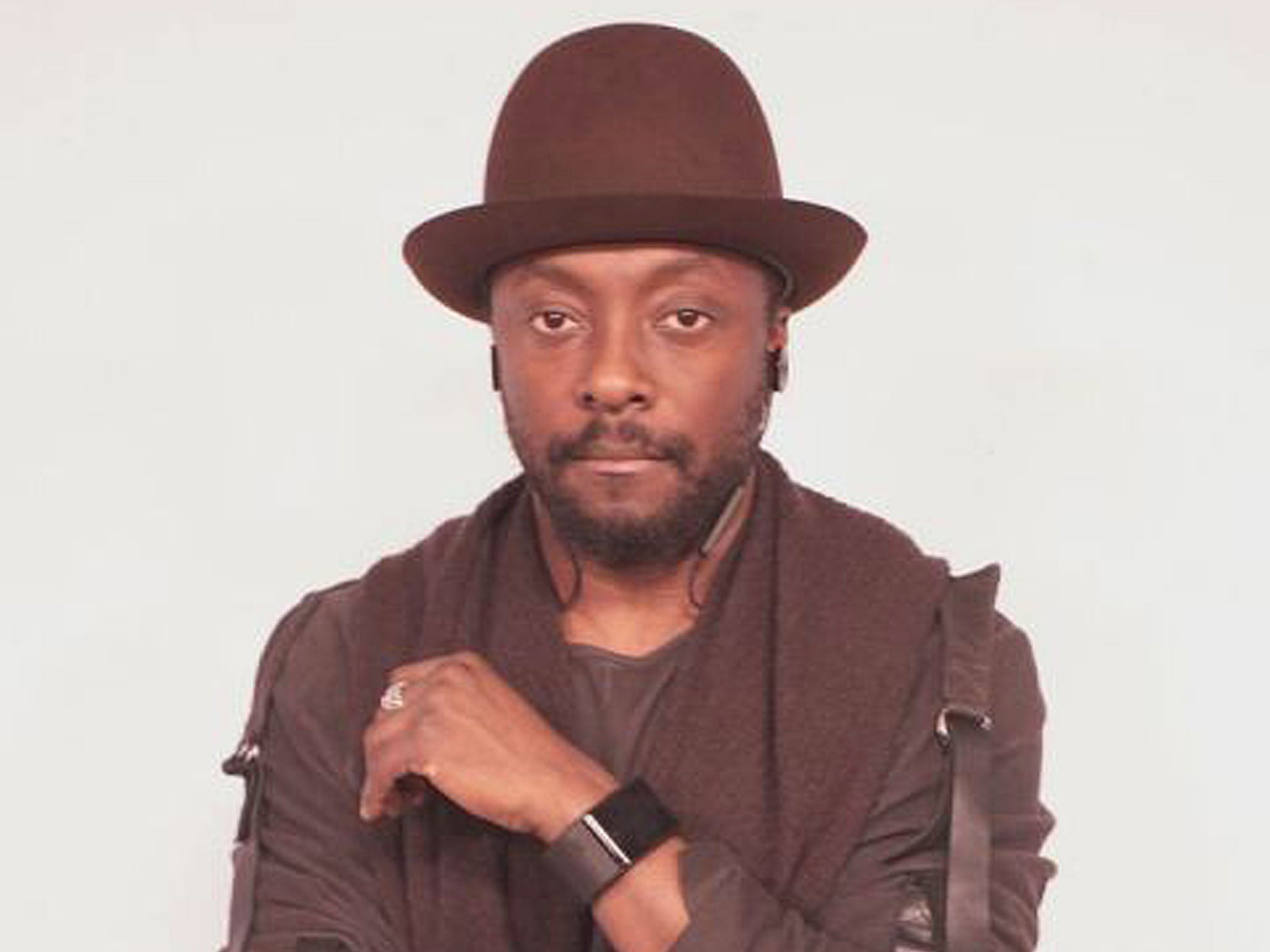
Take A Chance On Me (Abba) - John McCain (Republican)
2008 Presidential Campaign
Arizona senator John McCain chose a peculiar song for a presidential candidate. It seems Senator McCain chose the song not for its political appeal, but because he was a self-confessed Abba fan and his favourite song, “Dancing Queen”, might have seemed a bit too much.
However, for the Republican convention the McCain/Palin campaign substituted “Barracuda” by Heart because Barracuda was Sarah Palin’s high-school nickname. Heart later asked the campaign to stop using the song.
Hello (version) - Mike Huckabee
2016 Republican Nomination
In a quest for the remaining media attention left over from Trump’s campaign, Arkansas governor Mike Huckabee released an Iowa-based parody of Adele’s “Hello”.
The song changes Adele’s emotionally charged lyrics to: “Hello, Ankeny, Arctic blasts, sub-zero chills, campaigning is a dream, I got frostbite, gangrene,” with the chorus: “Hello from the caucus night, if Bernie wins, I’m gonna die.”
Strangely, the most positive message the song has about the candidate is, “Huckabee’s the guy who’s long overdue”. Huckabee finished ninth in Iowa and has now dropped out of the race for the nomination.

Freedom’s Call (USA Freedom Kids) - Donald Trump
2016 Republican Nomination
At a January rally in Florida, three young girls called the USA Freedom Kids took to the stage and performed a pro-Trump, Euro-dance version of the First World War song “Over There”.
The angelic voices sing lines like: “Deal from strength or get crushed every time”, and the song contains a new word – “Ameritude” – defined as “American pride and “attitude”.
The USA Freedom Kids’ second single is a “sequel” to “The Star-Spangled Banner”, called “National Anthem Part Two”.
Join our commenting forum
Join thought-provoking conversations, follow other Independent readers and see their replies
Comments